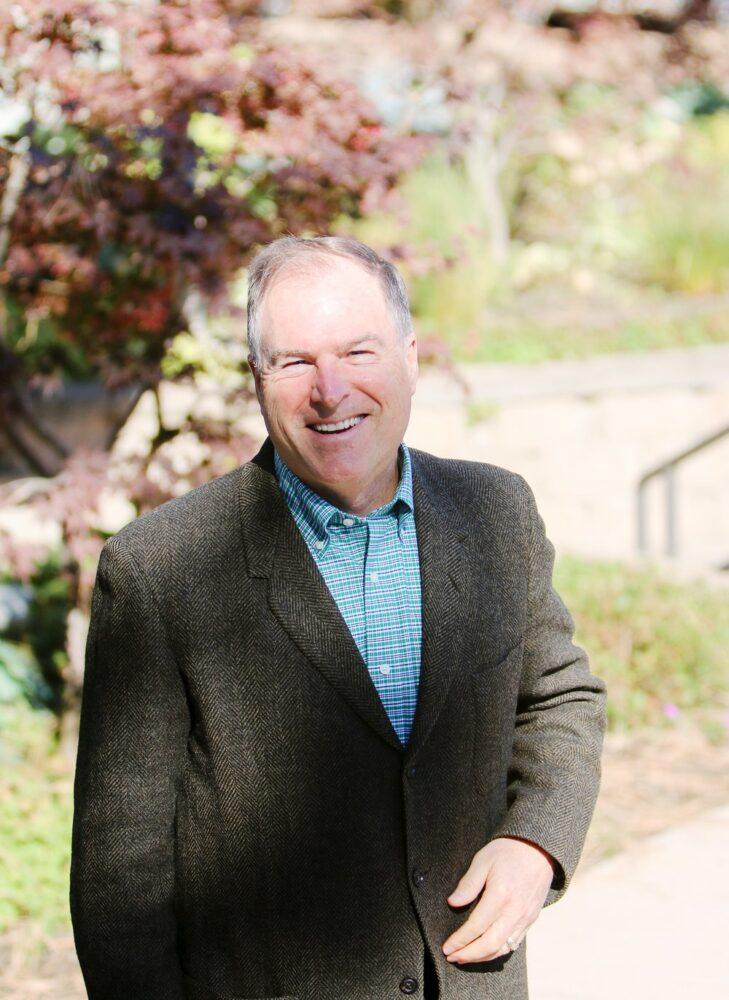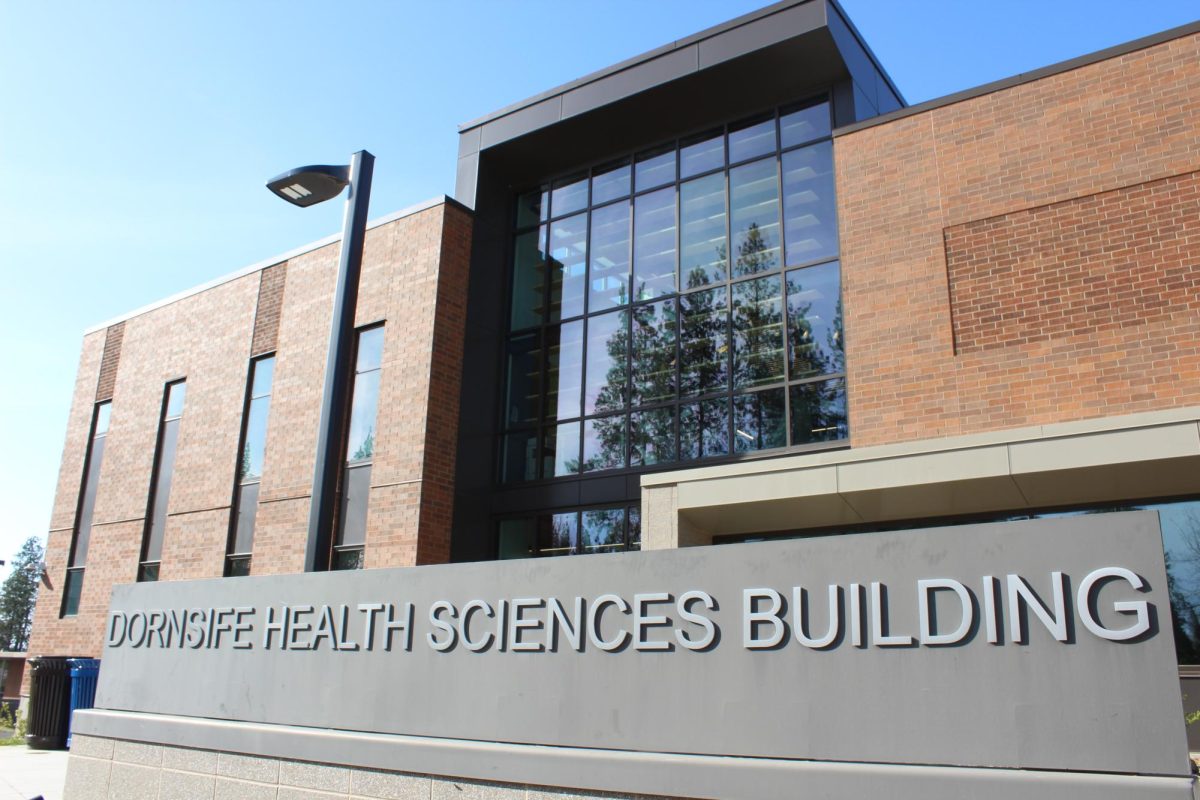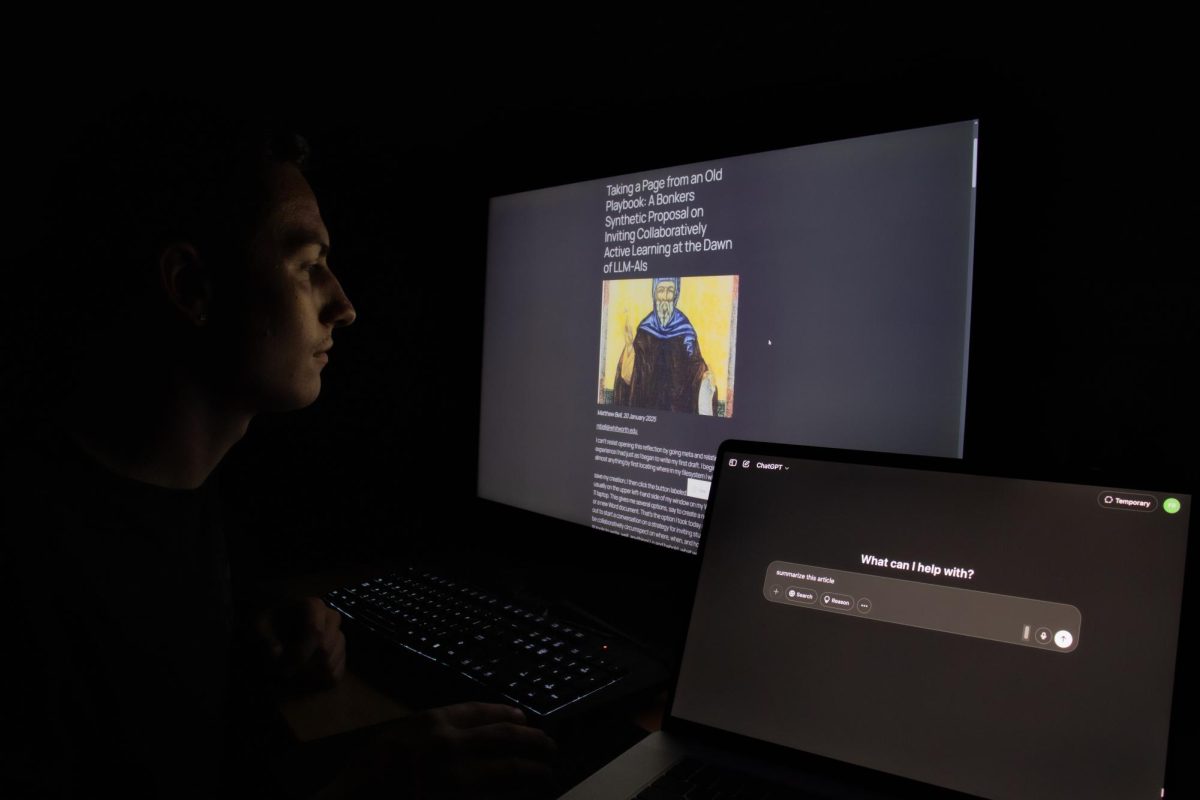Whitworth professor James Edwards read a letter of resignation to the Presbyterian General Assembly approximately a week after it announced its decision the denomination would support and approve of same-sex marriages. The General Assembly announced its decision on June 27.
“I did not resign from the church, but I did resign my status as an ordained minister in the PCUSA [Presbyterian Church (U.S.A.)],” Edwards said.
Edwards became an ordained minister of the Presbyterian Church in 1971 and this year would have been his 43rd year serving. As an ordained minister, Edward was required to “endorse the governance of the church” and because he felt that he could not endorse the change in theology and governance, he believed that the honest thing to do was to resign his ordination in the denomination.
“The denomination, of course, knows that its decision puts it in conflict with the Scriptural and confession tradition,” Edwards said, adding that it “prefers to describe that conflict as ‘tension.’”
Edwards said he believes that the 2014 General Assembly made a legal position that violates both the teaching of Scripture and the theological confessions of the PCUSA.
Edwards attended Whitworth from 1963-1967. He originally was reluctant to attend college but his Young Life leader told him about Whitworth and encouraged him to go. Edward said it was “probably the best advice I ever received in my life.”
When he first started attending Whitworth, he was a devoted Episcopalian, but was influenced by several professors in the theology department. Two of these professors were David Dilworth and Howard Redmond. They played a large role in his conversion to Presbyterianism. He cannot recall the exact time during his time at Whitworth where he mentally switched to Presbyterianism, but he officially joined the denomination while he was a student at Princeton Seminary in the late 1960s.
“The thing that attracted me to the Presbyterian Church—converted me actually—was its evangelical warmth and its intellectual rigor at the time,” Edwards said.
His decision to resign as an elder was not easily made, he said. He had to decide whether to follow the denomination that had knowingly made a decision that was in conflict with scripture and tradition, or to follow his conscience and best understanding of its theological tradition.
Edwards has experienced a strong sense of support from his family, and has had two different responses from his friends and people who have heard about his actions, he said. Among his friends, most have shown “a warm outpouring of support.”
He has also heard from people he does not know, many from different places in the country, and even the world, showing their support for him, whether they agree with his decision or not. The second response that he has experienced is silence, which Edwards said is “harder to interpret.”
“I appreciate, of course, the expressed support, but I also understand the silence,” Edwards said.
Greg Orwig, Whitworth’s Vice President for Admissions and Financial Aid, said the sexual preference or sexual orientation of a prospective student is not known when the application is being reviewed because there is no questions related to sexual orientation on the application.
“I feel honored to be given the opportunity to speak to such a wide range of students,” Edwards said. He added that he does not know the sexual histories or attitudes of most of his students, and this is one of the joys of teaching at Whitworth because he “gets the opportunity to make a case for the truth and joy of scripture to whoever will listen.”
His decision regarding the Presbyterian Church is separate from his teaching in the theology department at Whitworth, Edwards said.
“I was not hired because I was a pastor or because I was Presbyterian,” Edwards said. “I was hired because I am a competent New Testament scholar and I strive to continue to be that.”
Contact McKinley Powers at mpowers18@my.whitworth.edu








 Spokane?
Spokane?